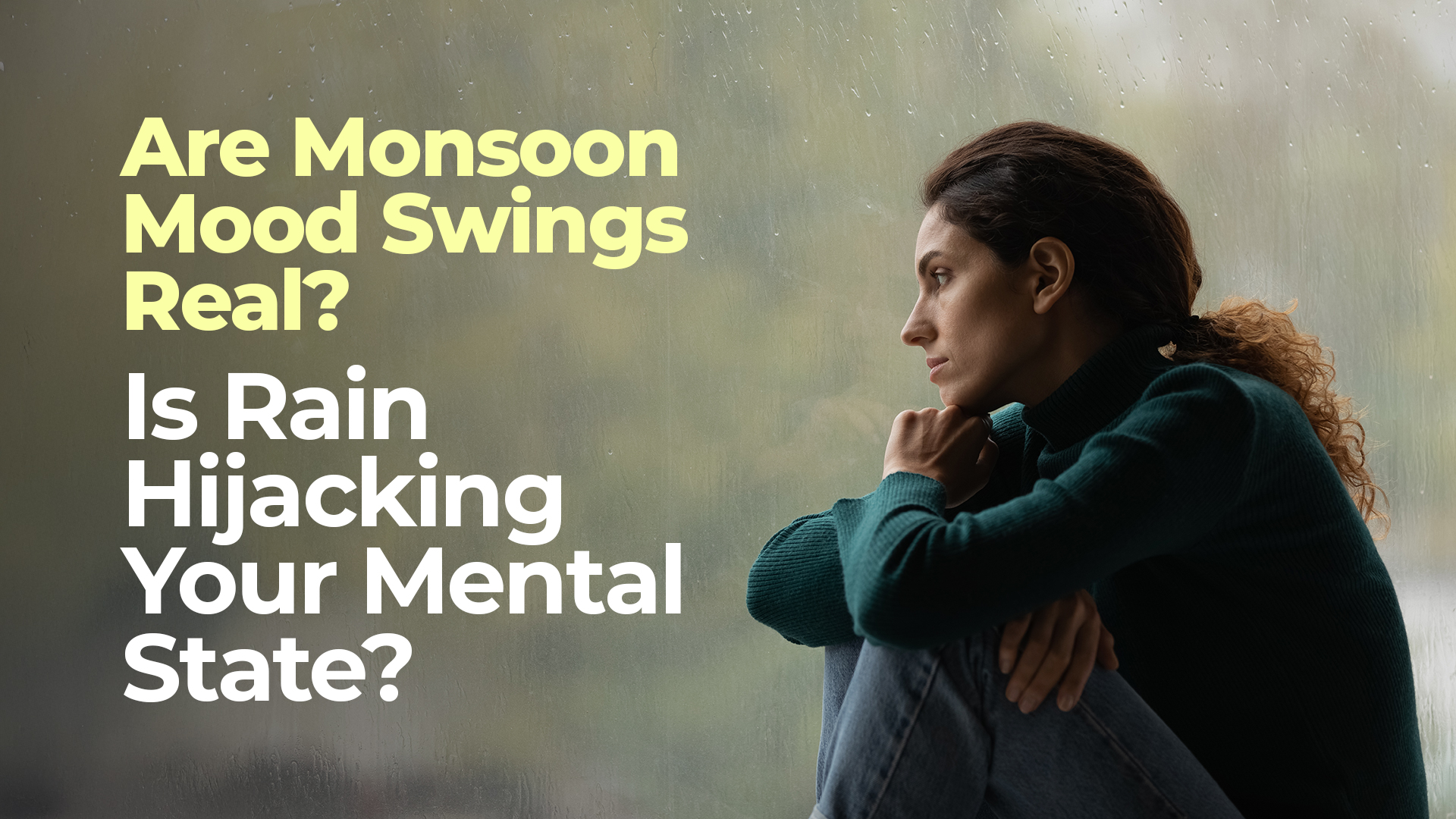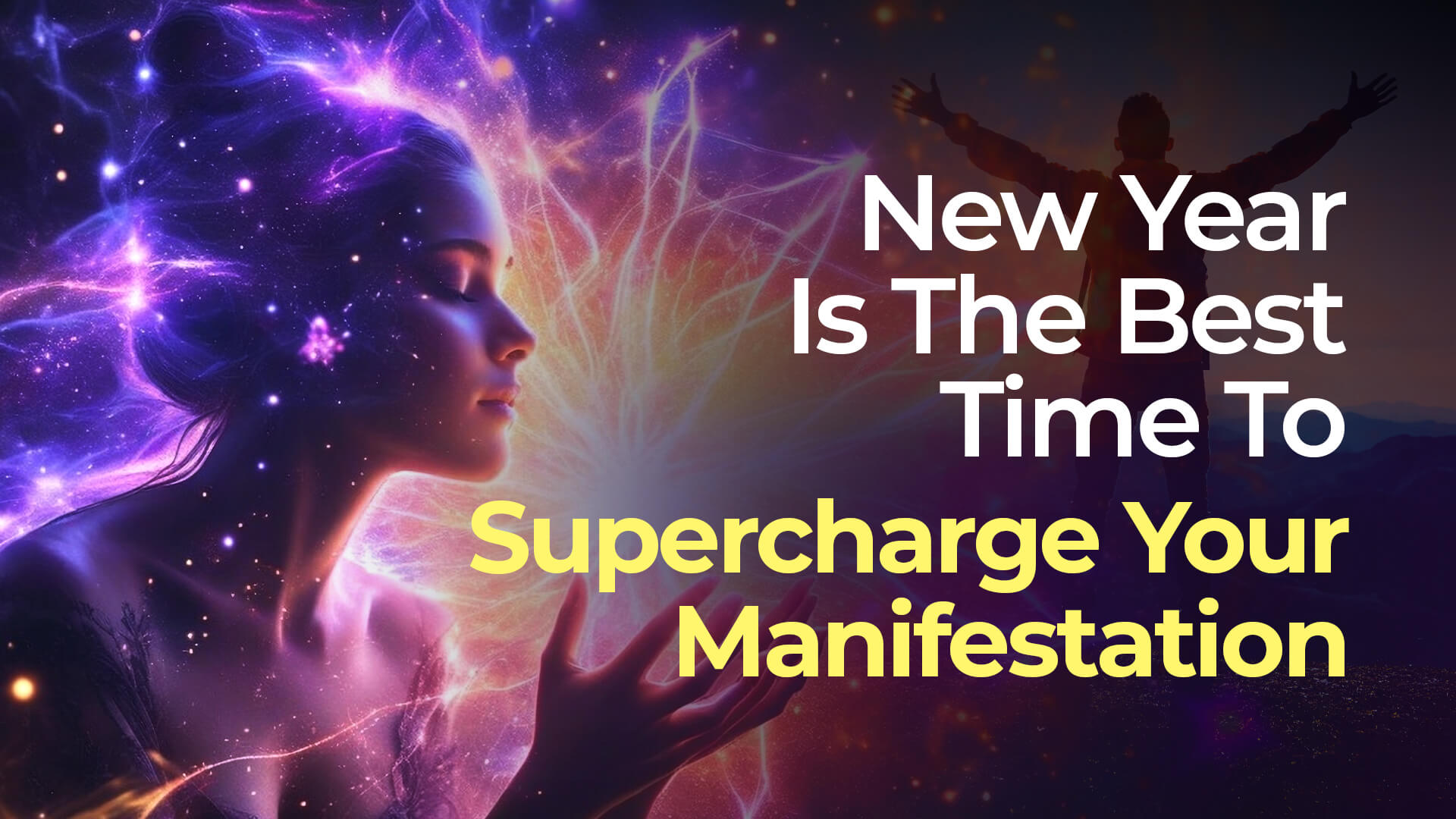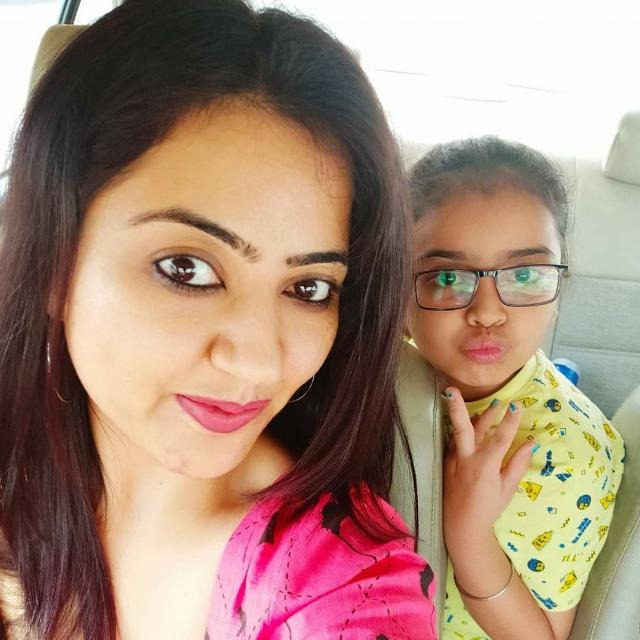Have you ever found yourself gazing out of the window on a rainy day, feeling peaceful and reflective, only to wake up the next morning unusually drained or irritable?
Does the continuous grey sky sometimes seem to weigh on your mood, making you feel lethargic or anxious without knowing exactly why?
Or perhaps you’ve wondered why some days the monsoon feels comforting and cozy, while on others it leaves you restless and unsettled?
If these shifts sound familiar, you’re not alone; monsoon mood swings are a genuine and surprisingly common experience. Let’s explore why these seasonal ups and downs occur and how you can better manage your emotions during the rainy season.
Understanding Monsoon Mood Swings
Monsoon mood swings capture the emotional rollercoaster many individuals experience during the rainy season, marked by notable shifts in energy, motivation, and overall emotional health.
The sentiment, “Happiness is not something that you can find, acquire, or achieve directly. You must create the right conditions and then patiently await its arrival,” by Jonathan Haidt, resonates deeply during this time.
The monsoon is not merely a change in weather; it profoundly impacts our psychological and physiological states, shaping our daily lives and influencing our relationships with others.
The Science Behind Monsoon Mood Swings
Several factors contribute scientifically to mood changes during the monsoon:
-
Reduced Sunlight Exposure
- Prolonged periods of cloudy weather limit sunlight exposure, affecting your body’s production of vitamin D.
- Vitamin D deficiency is linked to decreased serotonin levels, a neurotransmitter associated with mood regulation.
-
Circadian Rhythm Disruption
- Dark, overcast days alter your body’s natural clock, known as the circadian rhythm, affecting sleep patterns, hormone regulation, and overall mood stability.
-
Increased Humidity and Discomfort
- Excess humidity and moisture can cause physical discomfort, leading to irritability and restlessness.
- Damp environments can also lead to mold and allergens, indirectly impacting mood through physical health.
-
Seasonal Affective Disorder (SAD)
- SAD, commonly linked with winter blues, can also manifest during the monsoon due to similar environmental stressors.
A 2022 study in the Journal of Environmental Psychology highlighted that reduced sunlight during rainy seasons could significantly lower mood, increase feelings of fatigue, and cause sleep disturbances.
6 Common Symptoms You Might Experience
Recognizing monsoon-related mood swings involves awareness of several common symptoms:
- Persistent fatigue despite adequate rest
- Increased irritability or frustration
- Feelings of sadness or low mood
- Difficulty concentrating or making decisions
- Anxiety or increased stress levels
- Changes in sleep patterns, either insomnia or excessive sleeping
5 Practical Ways to Manage Monsoon Mood Swings
Fortunately, you can proactively manage monsoon-related mood swings through a blend of lifestyle changes, mindfulness practices, and holistic healing modalities:
-
Maximize Light Exposure
- Try to catch natural daylight whenever the weather permits.
- Use bright indoor lights to simulate sunlight exposure, especially during gloomy days.
-
Maintain Physical Activity
- Regular physical exercise enhances serotonin production, reduces stress hormones, and improves overall emotional resilience.
- Consider indoor exercises like yoga or home workouts during continuous rainy spells.
-
Balanced Diet and Hydration
- Consume nutrient-rich foods, focusing on fruits and vegetables high in antioxidants.
- Stay hydrated, as dehydration can exacerbate fatigue and mood swings.
-
Mindfulness and Meditation
- Practices like meditation, deep breathing exercises, and mindfulness can significantly reduce anxiety and stabilize mood.
- Meditation enhances emotional resilience and cognitive clarity, as supported by studies published in the Journal of the American Medical Association (JAMA).
-
Holistic Approaches to Emotional Wellness
- Engage in holistic therapies like Chakra Balancing, Colour Therapy, and Energy Detoxification to harmonize your emotional and energetic states.
- Consider Aura Cleansing and Meditation Mindfulness sessions to maintain emotional balance and mental clarity.
Integrating Gateway of Healing Services
At Gateway of Healing, we offer tailored holistic services designed to enhance emotional stability and well-being:
- Chakra Balancing – Helps realign energy centers, promoting emotional balance and stability.
- Colour Therapy – Utilizes color frequencies to enhance mood and emotional healing.
- Energy Detoxification – Clears stagnant energies contributing to mood swings and emotional fatigue.
- Aura Cleansing – Removes negative energies to rejuvenate emotional health.
- Meditation Mindfulness – Cultivates clarity, emotional resilience, and overall wellness.
Explore our holistic healing and coaching services to discover pathways to emotional clarity and stability during monsoon season.
Monsoon mood swings are a manageable aspect of seasonal changes. If you experience persistent emotional fluctuations affecting your daily life, reach out to us at Gateway of Healing. We’re here to support you in achieving lasting emotional well-being.
We invite you to share your experiences with monsoon mood swings. Have you found effective strategies to manage them? Let us know in the comments below!
FAQs
1. Are monsoon mood swings similar to Seasonal Affective Disorder (SAD)?
Yes, monsoon mood swings can be a form of SAD, caused by reduced sunlight, disruptions in circadian rhythms, and environmental stress.
2. How soon will lifestyle changes impact my mood during monsoon?
Consistency in applying these strategies can bring noticeable improvement within days to weeks, but lasting changes usually require ongoing practice and commitment.
3. Can holistic practices replace medical treatments for severe mood disorders?
Holistic practices complement traditional treatments but are not substitutes for professional medical advice or treatment for severe emotional or psychological conditions.
Reach Dr. Chandni’s support team at +918800006786 and book an appointment.


































